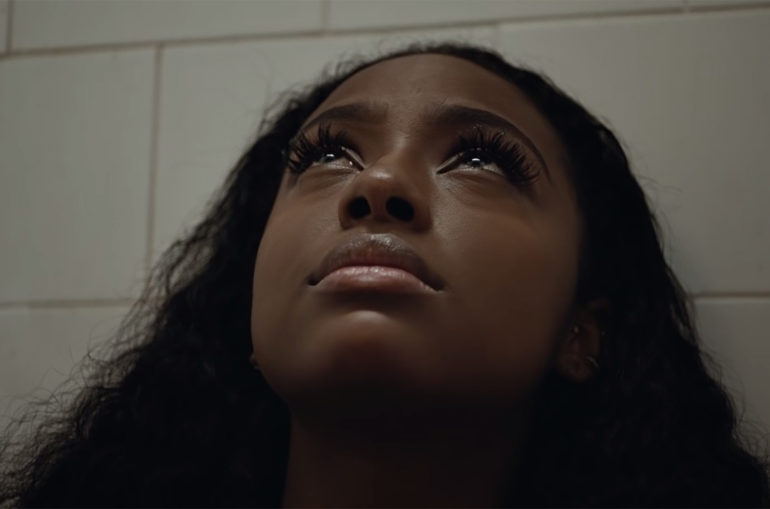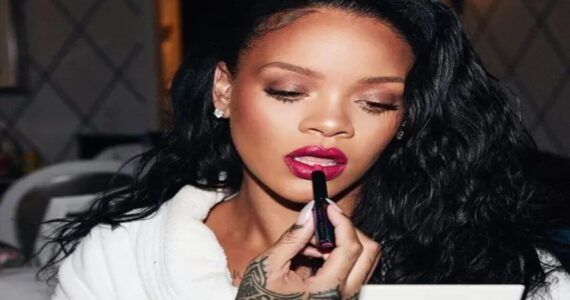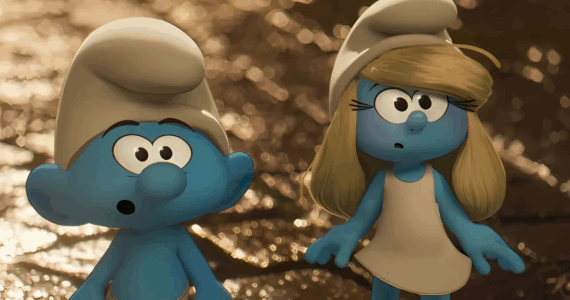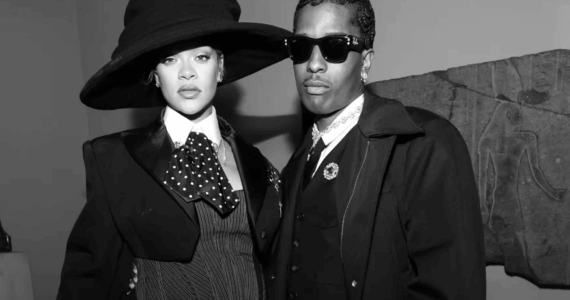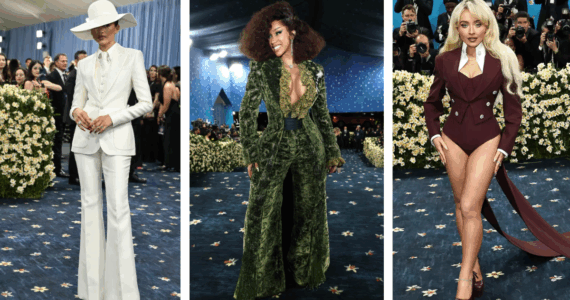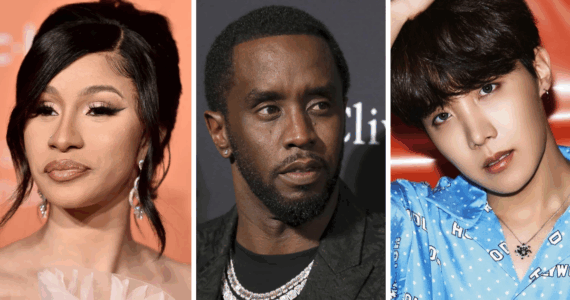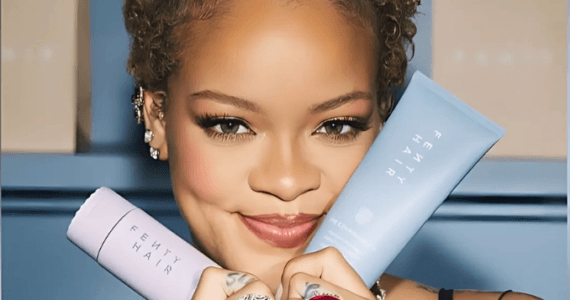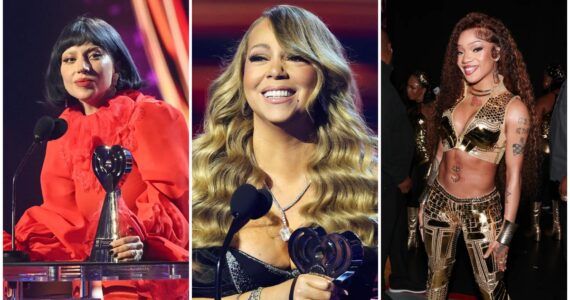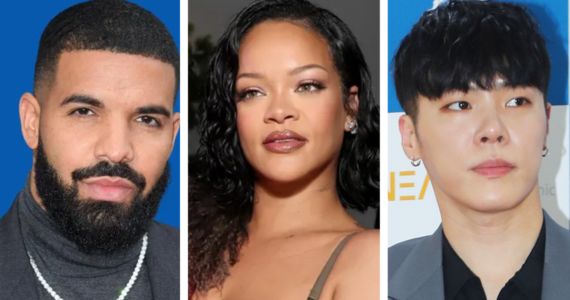Me Too. These two words have empowered, informed, and arguably shaped facets of popular culture for the last 12 months or so. The origins of the movement take place way before 2017 however, as the phrase was first used over a decade ago in 2006. Tarana Burke utilized Myspace to incorporate “Me Too” into a bold movement that prioritized women of color that had experienced sexual trauma at the time.
Manifesting itself in Hollywood eleven years later in the form of a hashtag, #MeToo swiftly became a priority for institutions that award actors and actresses the highest form of mainstream validation. The Oscars for instance, made way for #MeToo survivors in Hollywood, allowing them to air their tales of abuse on the mainstage and actively pledged to support #MeToo victims and wider organisations. In 2018, the likes of Bill Cosby, Russell Simmons, and Harvey Weinstein are paying the price for the movements societal expansion, as in each case the individual has been investigated, imprisoned or condemned culturally.
During the re-emergence of #MeToo, the meaning of the term began to expand towards not only sexual trauma but abuses against women more generally also. As the Independent reported in 2017 “[#MeToo] started as a means of addressing the prevalence of sexual assault and harassment.”
#MeToo although growing in reach, has failed to reach real depths in the realm of hip-hop (as well as other areas of music as a whole), with minimal support on a consistent basis. Instances that predate #MeToo such as Rick Ross losing his Reebok sponsorship in 2013, show light examples of backlash, however on a real, cultural level, we fail to really address the hidden traumas that lie within the genre.
Despite R Kelly being an R&B artist, he has often locomoted on the peripheries of hip-hop through his features, performances on bespoke hip-hop platforms and by working with hip-hop producers throughout his career. Lifetime recently put out a six-part documentary on the singer, highlighting many of his victim’s anecdotes of abuse. Ironically, many of the stories featured were known to the public prior to the specials airdate. The reaction to the co-sign by a legitimate platform is telling to say the least. Artists and journalists alike have vocalized their disgust for Kelly with the likes of Lady Gaga vowing to remove their collaboration “Do What U Want (With My Body)” from streaming platforms. But, is this public outcry merely yet another example of performative nature?
Events such as the underage marriage to Aaliyah were public domain as VIBE reported on the matter in the late ’90s, R Kelly urinating on young women was playground talk even here in the UK amongst the Black community growing up, the viral video of the singer alluding to having a fetish for teenage girls has been on the internet for years – we have known of R-Kelly’s dark-side for decades, yet an overwhelming majority of us trivialised it.
Chris Brown is another example of hip-hop’s fickle relations with #MeToo. When it comes to both Brown’s interactions with Rihanna and Karrueche Tran, one can find a laid-back demeanor from a lot of peers in the industry such as Kevin Hart regarding Rihanna’s physical assault, and large enclaves of Twitter mocked Karreuche’s harassment from Chris Brown post-break up.
This continued manifestation of dismissive attitudes has real-life consequences. Recording artist Justine Skye spoke candidly about this during a visit to the hip-hop radio-platform The Breakfast Club. Experiencing her own #MeToo with an up-coming rapper (allegedly Sheck Wes), the singer detailed how she lost friends for going public about the situation and because of “who it was.” More widely, Skye delved into the lack of care for domestic abuse victims in hip-hop. As she puts it “It doesn’t matter what the artist did, it’s about how talented they are. And they’ll still be bumpin’ their music.”
It’s clear that hip-hop has teething issues with #MeToo, but is the lack of seriousness a reflection of wider culture and latent attitudes towards the movement?
Justin Timberlake was criticised for showing solidarity for #TimesUp, while simultaneously working with Woody Allen who allegedly abused his step-daughter. In the realm of sports, many argue that the atrocities committed by former Gymnastics Doctor Larry Nassar are merely scratching the surface on wider crimes. It appears that the blind-eye or lack of care culturally for women, and even more so for women of color (as highlighted by Gabrielle Union) extends far beyond hip-hop.
While it’s easy to find examples of double-standards and a lack of consideration when it comes to #MeToo in hip-hop, it would be far too simplistic to label it a problem of the genre in isolation. We’re in an era where Western societies are only just beginning to have public and loud conversations regarding sex, race etc. It’s instances such as #MeToo that enter mainstream consciousness already on an unequal footing. Until we as a society begin to take #MeToo seriously on a consistent basis, sub-cultures such as hip-hop will follow the trend of frequently missing the mark.


